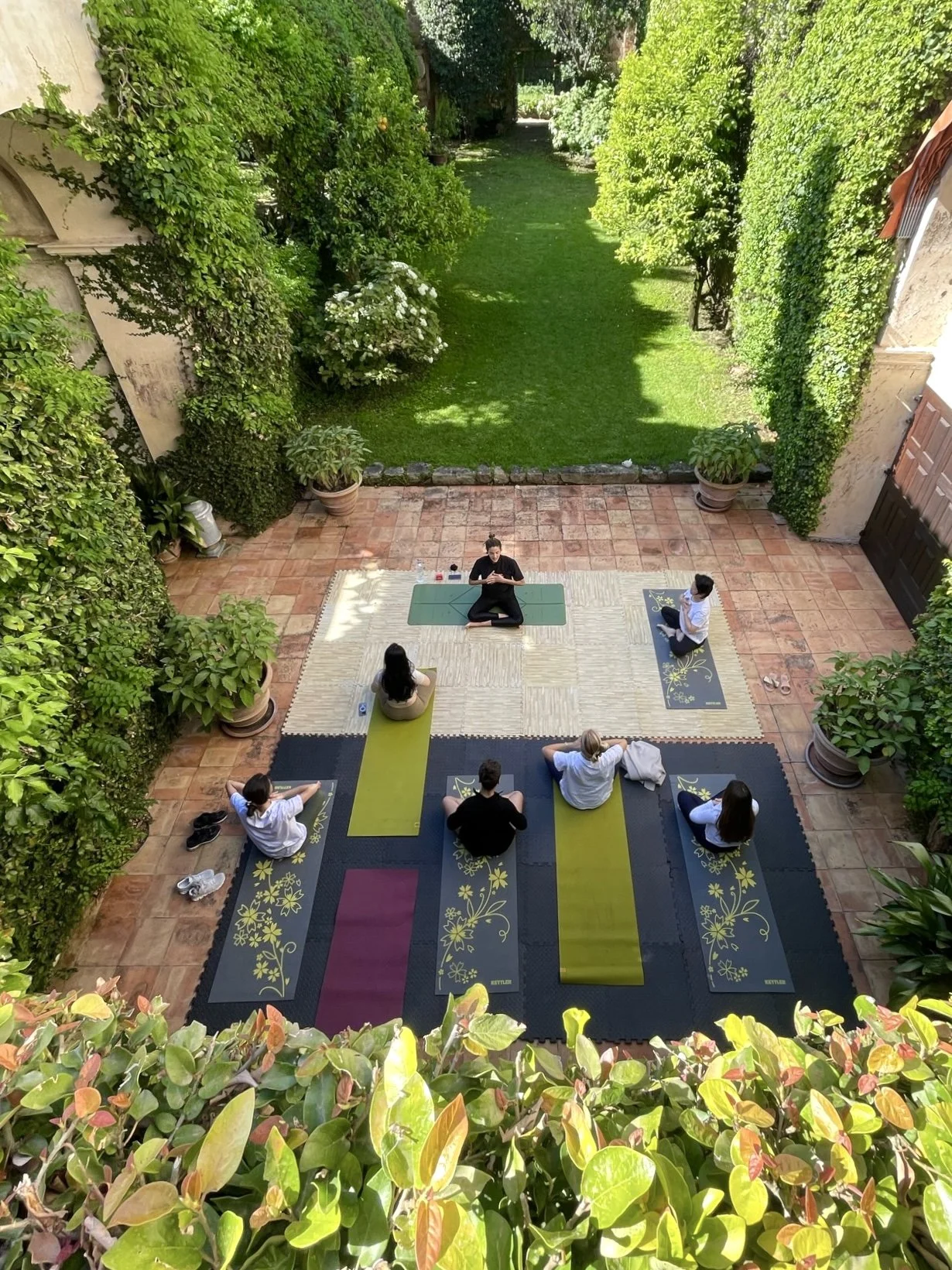Digital Detox: Reconnecting with the Real World
In today’s world, where everyone is so hyper-connected, it is easy to become overwhelmed and dependent with our smartphones. Constant notifications and endless scrolling daily often leads to sleepless nights, increased stress and anxiety, diminished productivity, poor posture, and a sense of being constantly grabbing your phone. It is addicting and exhausting when there are no limits established to our smartphone or computer usage. There is a growing movement towards digital detoxing - a deliberate disconnection from the digital world and into the real world.
A digital detox offers an opportunity to break free from the clutches of digital dependency and to restore balance in our lives. By stepping away from screens, we can reclaim our time, attention, and well-being. This intentional break can help reset our minds, reduce stress, and allow us to engage more fully with the people and environment around us. It encourages us to be present, fostering deeper and more meaningful connections.
The Benefits of a Digital Detox
When we're constantly glued to our screens, we miss out on the present moment, losing touch with the simple joys and insights that come from just being. By unplugging from our devices and coming back to reality, you are able to delve into mindfulness, like focusing on our breath or appreciating nature, we can slow down and reflect, finding a sense of peace and clarity that nurtures our spirit. Emotionally and mentally stepping away from the digital world, we can notice a difference on how we feel. It helps us relax, focus better, and engage more meaningfully with the people around us. Real-life interactions and quiet moments become richer and more fulfilling, enhancing our overall happiness and balance.
Having a digital detox can help with:
Improved sleep
Decreased stress and anxiety
Reduce sense of loneliness and depression
Improved posture
Enhanced productivity
Furthermore, Several studies have shown that reducing phone usage and entering into a space of mindfulness can improve the quality of life. For example, a study published in the “Journal of Social and Clinical Psychology” found that by reducing just 30 minutes per day can significantly decrease levels of anxiety, depression, and sleep problems among the participants of the study. Additionally, on a physical level a study in journal "Computers in Human Behavior" found that individuals who spent less time on social media platforms like Facebook reported significant improvements in their overall well-being, including reduced feelings of loneliness and depression .
what steps to take for a digital detox?
Track your screen time. Check on your iPhone settings to see how much time you spend on your device. Identify your patterns, note when and why you use your phone the most.
Set clear goals. Define what intentions you have. What do you want to achieve? How do you want to feel? Set some limits as well, establish rules (example: no phone after 8pm) Turn off notifications, use apps like “Forest”, which encourages you to stay off your phone by growing a virtual tree.
Create a plan. Start with short detox periods and gradually increase them. Prioritise some activities like reading, exercising, cooking, or spending some time with your loved ones and set a certain amount of screen time you want to have daily/weekly.
Engage in mindful activities. Add mindfulness to your day-to-day. Breathwork, meditation, journaling, daily walks and other outdoor activities to reconnect with nature, yoga, etc. (whatever works for you)
Stay accountable. Share our digital detox goals with your loved ones who can support you and hold you accountable.
The Wellness Reporter Retreats
For those seeking a more immersive experience, The Wellness Reporter offers specialized retreats designed to help individuals disconnect from their devices and reconnect with themselves and the world around them. Our retreats provide a serene environment where participants can engage in a variety of activities aimed at promoting mental and physical well-being. From guided nature walks and yoga sessions to workshops on mindfulness and creativity, our retreats offer the perfect setting for a comprehensive digital detox experience.
Participants will have the opportunity to enjoy healthy meals, unwind in beautiful natural settings, and participate in group activities that foster a sense of community and support. The Wellness Reporter retreats are designed to help you reset your relationship with technology and develop sustainable habits that promote a healthier, more balanced lifestyle.
Conclusion
A digital detox is not about completely abandoning technology but rather about finding a healthy balance that allows you to enjoy the benefits of the digital world without becoming overwhelmed by it. By incorporating unexpected activities like getting lost, hosting tech-free dinners, and stargazing, you can reduce your dependence on digital devices and improve your overall well-being. Consider joining one of The Wellness Reporter’s retreats to kickstart your digital detox journey and rediscover the joys of the real world.
Sources:
Hunt, M. G., Marx, R., Lipson, C., & Young, J. (2018). No more FOMO: Limiting social media decreases loneliness and depression. Journal of Social and Clinical Psychology, 37(10), 751-768.
Tromholt, M. (2016). The Facebook experiment: Quitting Facebook leads to higher levels of well-being. Computers in Human Behavior, 64, 146-155.





